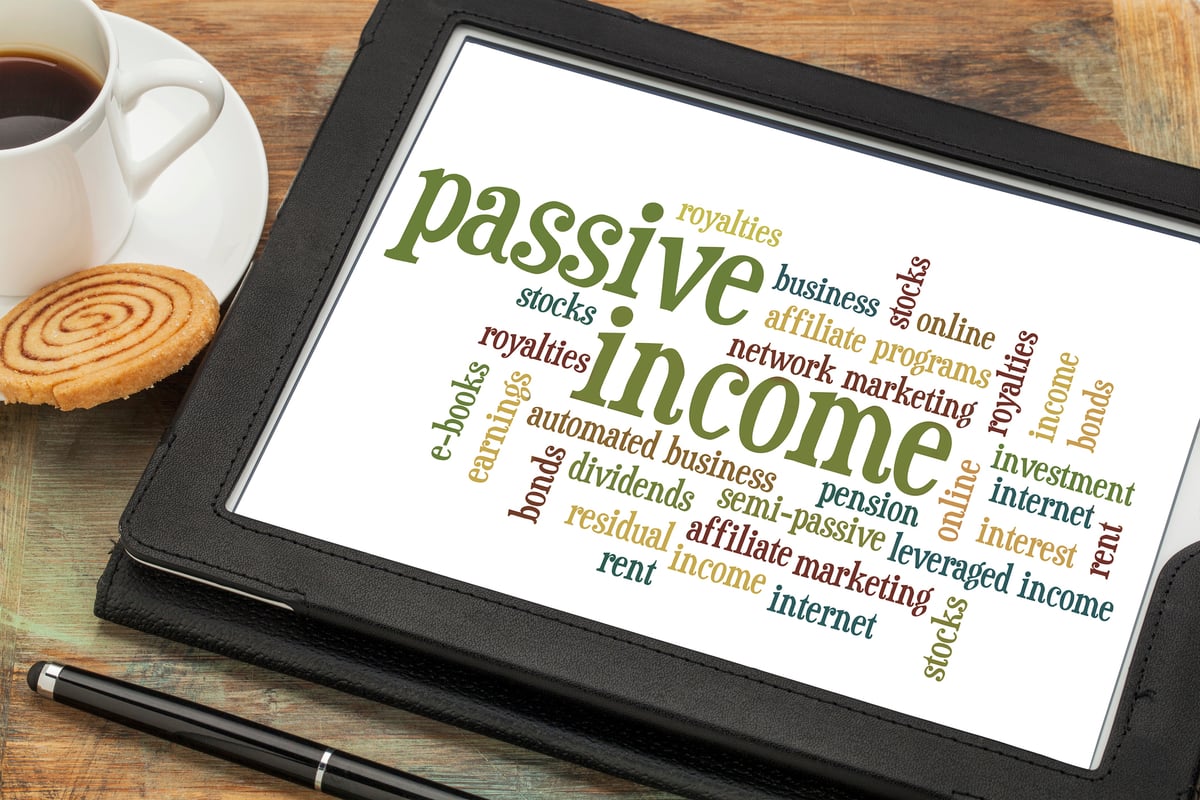Enterprise Products Partners (EPD 0.46%) has been an elite income-producing investment over the years. The master limited partnership (MLP) has raised its cash distribution to investors for 26 straight years (every year since its initial public offering). The energy midstream giant currently offers a yield of around 7%, which is several times higher than the S&P 500 (less than 1.5%).
One factor fueling the MLP's lucrative and steadily growing payout is its leading energy export business. It operates several marine terminals along the U.S. Gulf Coast that export natural gas liquids, crude oil, petrochemicals, and refined products to global markets.
China is a major destination for its ethane and butane exports. That's a potential problem now that the U.S. Department of Commerce is requiring companies to apply for a license to export to China. Here's a look at whether this policy shift could affect the company's ability to continue growing its high-yielding payout.

Image source: Getty Images.
Stopping the flow of ethane to China
The Commerce Department recently ordered companies to stop shipping goods, including ethane and butane, to China without a license. That will have a direct effect on Enterprise Products Partners.
The company's marine terminal on the Houston ship channel loaded about 85,000 barrels of ethane per day last year for export to Chinese markets. That represented about 40% of the volumes from that facility, a big chunk of this country's ethane exports to China, which hit a record 227,000 barrels per day last year. The U.S. also exported a record 26,000 barrels of butane per day in 2024.
The company is currently evaluating its procedures and internal controls. It said in a regulatory filing that it's not yet sure if it will be able to obtain a license to resume exports to China.
One potential roadblock to a license is that an agency of the Commerce Department told the company that ethane and butane exports to China pose an unacceptable risk of military end-use by the country.
However, that's not the typical use of ethane. Chinese petrochemical companies use the cheaper natural-gas-based product in place of oil-based naphtha as a feedstock to produce plastics and chemicals. It also has heating and cooking uses.
An uncertain near-term impact
Enterprise isn't sure how much this policy change will affect its operations and cash flow. A big unknown is whether the industry will be able to quickly find alternative markets and uses for the U.S. ethane and butane that were flowing to China. It's also not clear how much effect this will have on prices.
China is a major energy consumer, making it a prime destination for U.S. hydrocarbons. U.S. exports satisfy 27% of the country's demand. While the Trump administration is currently curtailing exports to China, increasing U.S. energy export volumes to the country could help reduce the current trade imbalance.

NYSE: EPD
Key Data Points
Enterprise's co-CEO Jim Teague said on the company's first-quarter conference call last month that the new administration's tariff plan "is causing nothing short of chaos around the world. Energy is not excluded." However, his company believes that the administration's policies have an end goal, which is "intended to promote U.S. energy, not just for the next four years, but for decades," Teague added. That's because U.S. energy is important to our economy, global markets, and our balance of trade.
Built to withstand the uncertainty
The new license requirements to export ethane to China could have some effect on Enterprise Products Partners' export business. However, the company has one of the most diversified midstream operations in the industry, which should help mute the impact.
On top of that, it has one of the strongest financial profiles in the energy midstream sector. Because of that, the headwind shouldn't significantly affect the MLP's ability to continue paying a growing distribution in the near term.
Meanwhile, the administration's policies should be net positives for the U.S. energy sector over the long term, especially for exports, since they're crucial to helping balance trade. Given all the positives, the company remains a rock-solid option for income-seeking investors to buy and hold for the long haul.





